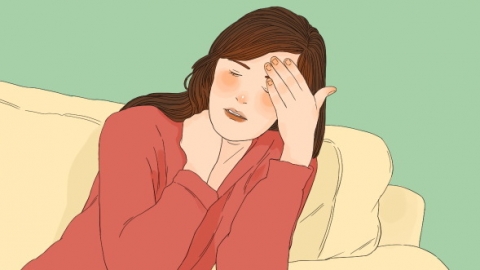What are the neurological and psychiatric disorders?
Generally, neuropsychiatric disorders refer to a broad category of diseases affecting the nervous system and mental functions. Common types include depression, anxiety disorders, schizophrenia, bipolar disorder, Alzheimer's disease, and others. A detailed analysis is as follows:

1. Depression: The core symptoms include persistent low mood, loss of interest or pleasure in previously enjoyable activities, accompanied by reduced energy and sleep disturbances. Patients often experience self-blame, low self-esteem, slowed thinking, and some may develop appetite changes. In severe cases, they may have suicidal thoughts, significantly impairing social functioning and daily life.
2. Anxiety Disorders: Characterized primarily by excessive worry and feelings of tension, these conditions are often accompanied by physical symptoms such as palpitations, chest tightness, and sweating. Individuals find it difficult to control their anxious thoughts, are overly sensitive to minor daily events, and easily become irritable. Over time, this can lead to difficulty concentrating and interfere with normal work and study.
3. Schizophrenia: A severe mental illness involving abnormalities in perception, thinking, emotion, and behavior. Patients may experience hallucinations, delusions, disorganized thought processes, emotional flatness, and detachment from reality. There is significant impairment in social functioning, requiring long-term, standardized treatment and management.
4. Bipolar Disorder: Marked by alternating episodes of mania and depression. During manic phases, individuals exhibit elevated mood, increased energy, impulsivity, and irritability. During depressive phases, they experience low mood, hopelessness, and helplessness. The shifts between these states can have profound effects on both physical and mental health.
5. Alzheimer's Disease: Most commonly seen in older adults, its hallmark symptom is progressive memory loss. Patients gradually forget recent events and familiar names, and in later stages develop cognitive deficits and behavioral abnormalities, eventually losing the ability to perform basic self-care tasks as memory and thinking skills deteriorate.
The development of these disorders is associated with multiple factors, including genetics and environment. It is important to pay attention to mental and physical well-being in daily life, foster an inclusive social environment, and ensure patients actively engage in treatment to improve their quality of life.






